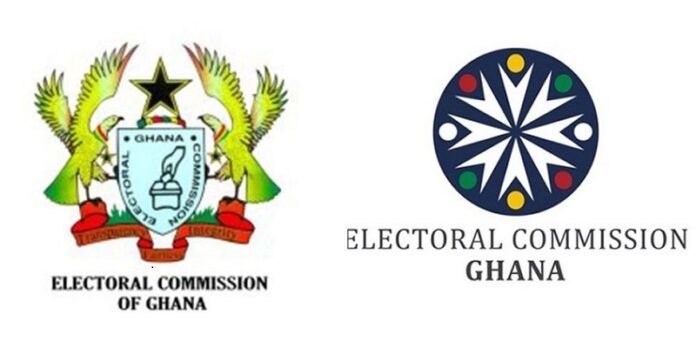The Electoral Commission (EC) offices in Accra have come under heightened security as the re-collation of results for several contested constituencies proceeds. This intensified security presence reflects the high stakes and tense political environment surrounding the process, which is seen as pivotal for determining the outcomes of Ghana’s recent elections.
Background
The need for re-collation arises from discrepancies and disputes reported in certain constituencies during the initial vote tabulation. Allegations of irregularities, ranging from miscounted ballots to procedural lapses, have led to heightened scrutiny and calls for transparency in the electoral process. The EC, tasked with ensuring credible and fair elections, has taken steps to address these concerns through the re-collation exercise.
Heightened Security Measures
Recognizing the sensitivity of the task, the EC has requested the deployment of security personnel to its offices in Accra. The presence of armed police and military officers aims to:
- Ensure the safety of EC staff: With political tensions running high, the security detail seeks to protect officials involved in the process from potential threats or interference.
- Prevent disruptions: The re-collation exercise has attracted intense public and political interest, and the security presence helps maintain order and deter unauthorized access.
- Safeguard electoral materials: Sensitive documents and equipment used in the re-collation process are critical to ensuring accuracy and credibility. Security forces play a role in preventing tampering or theft.
Political Reactions
Political parties have been closely monitoring the re-collation, with representatives observing the process to ensure transparency. While some stakeholders have expressed confidence in the EC’s ability to resolve the disputes fairly, others remain skeptical, raising concerns about perceived biases or lack of inclusivity.
Notably, certain opposition parties have questioned the neutrality of the re-collation process. They have called for the presence of independent observers to enhance credibility and to ensure that the final results reflect the will of the people.
Implications for Ghana’s Democracy
The outcome of the re-collation will have significant implications for Ghana’s political landscape, including:
- Parliamentary Composition: The results of the contested constituencies could shift the balance of power in parliament, influencing legislative priorities and policymaking.
- Public Trust in Electoral Processes: The credibility of the EC and its ability to manage electoral disputes will be closely scrutinized. A transparent and fair re-collation process could restore public confidence, while a flawed exercise might exacerbate tensions.
- Political Stability: With emotions running high, the re-collation has the potential to either diffuse or escalate post-election conflicts.
Conclusion
As the re-collation unfolds under tight security, all eyes remain on the EC and its handling of this critical exercise. While the deployment of security forces underscores the gravity of the situation, the true measure of success will be the integrity and fairness of the final results. Ghana, a beacon of democracy in Africa, must navigate this process with care to uphold its reputation for peaceful and credible elections.


